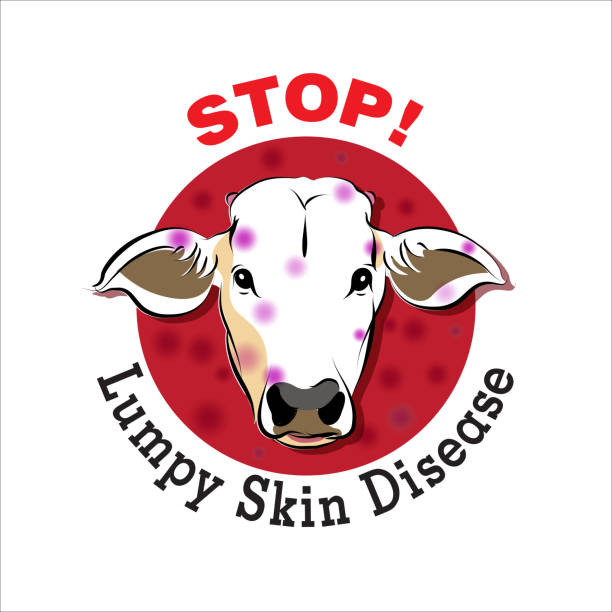‘Lumpy Skin Disease in Livestock Poses no risk to Human Health’
Dr Vijay Bondre, a senior scientist with the Indian Council of Medical Research – National Institute of Virology, also assured that lumpy skin disease in animals was not zoonotic.
There is neither evidence of the transmission of the lumpy skin disease in humans and nor did it have any effect on milk or meat, Maharashtra Animal husbandry commissioner Sachindra Pratap Singh said on Tuesday. “The virus has no zoonotic importance. It does not infect humans through consumption of milk or meat,” the Commissioner said at a media conference, warning that misinformation on social media would attract strict action.
Dr Vijay Bondre, a senior scientist with the Indian Council of Medical Research – National Institute of Virology, also assured that lumpy skin disease in animals was not zoonotic.
Lumpy Skin Disease is a viral skin disease transmitted by vectors affecting cattle and buffaloes only. This disease is not transmitted from animals to humans. Till September 9, this disease has resulted in the death of 70,181 livestock.
Even as the Lumpy Skin Disease is fast spreading across different states, Singh appealed to dairy farmers not to panic. Milk production is sufficient, he told
Is it safe to consume milk from cattle infected by lumpy skin disease?
Speaking to PTI, on safety and quality of milk from the infected cattle, IVRI Joint Director Ashok Kumr Mohanty said LSD is a non-zoonotic disease and not transmissible from animals to humans.
“It is safe to consume milk from the infected cattle. There is no problem in the quality of milk even if you have it after boiling or without boiling,” Mohanty said.
However, milk production in the infected cattle gets affected depending on the severity of the disease and immunity level of the animal, he added.
Mohanty said there can be a localised impact on milk production but it is difficult to quantify right now in the absence of accurate data on the spread of the infection in cattle across the country.
“When cattle are infected, the animals become weak due to nodule formation, fever and other symptoms. This severely affects milk production. When the animal is dying, its entire body system is affected,” he said.
The disease and its impact on milk output can be arrested if cattle are vaccinated on time. If cattle are infected for the first time and not vaccinated, then milk production can get reduced up to 40-50 per cent, he added.
On vaccination, Mohanty said till now, states are using ‘goat pox’ vaccine to control the spread of LSD even though a new vaccine has been developed and is expected shortly after regulatory approvals.
Elaborating further, Amit Kumar — a scientist at IVRI working on the goat pox vaccine — said this vaccine is effective in controlling the spread of LSD in cattle.
The goat pox vaccine doses were given to LSD infected cattle in the Eastern and Southern states in the last two years. LSD has been contained in those states and it has not resurfaced this year, he said.
“LSD has gone severe this year in 4-5 states of Western India because goat pox vaccine doses were not administered,” Kumar said.
Indian Immunologicals Ltd (IIL), a subsidiary of National Dairy Development Board that manufactures animal and human vaccines, and Hester Biosciences are two companies which are manufacturing goat pox vaccine and there is enough supply, he said.
On the new vaccine, Mohanty said it has been developed by two institutes of agri-research body Indian Council of Agricultural Research (ICAR) recently. ICAR has contacted five companies for commercialisation of this vaccine.
IVRI, an ICAR institute based out of Mukteshwar in Uttarakhand, does research on animal viruses and viral diseases of livestock and poultry. It also has a mandate of production of antigens, diagnostic sera, vaccines, etc besides conducting epi-zootiological and pathological studies on viral diseases.
Source-The Indian Express.


